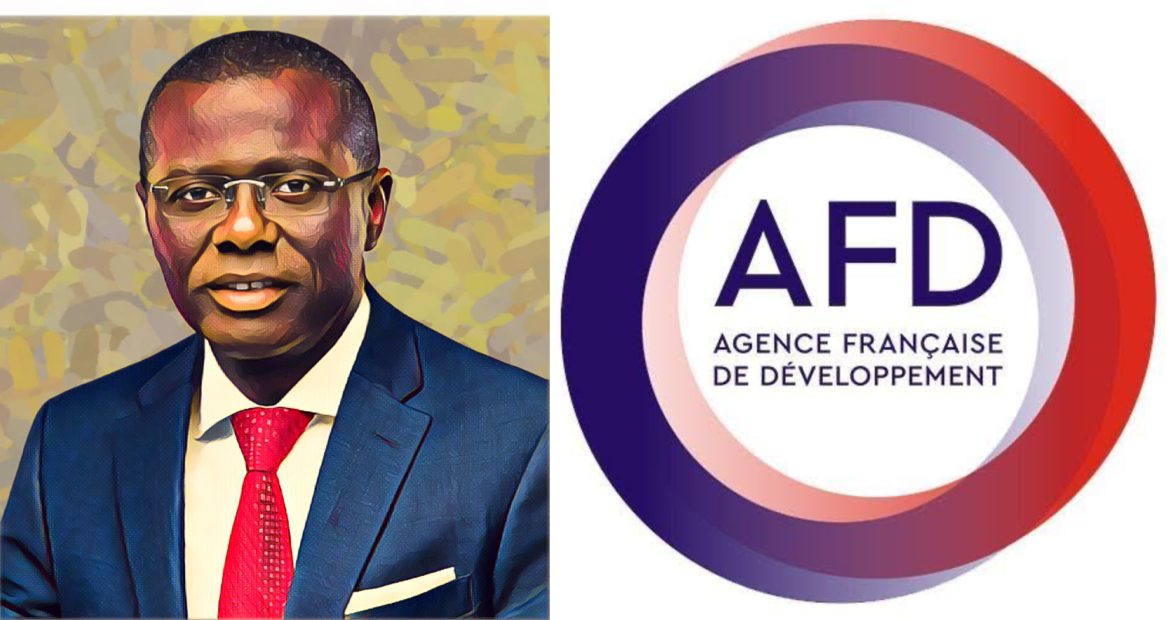KEY POINTS
-
The €410 million Omi Eko project aims to transform Lagos water transport.
-
It will deploy 75 hybrid-electric ferries and build 25 jetties.
-
The initiative targets 100,000 daily commuters and 41,000 tonnes of CO₂ reduction.
The Lagos State Government and Agence Française de Développement (AFD) have renewed their commitment to the €410 million Omi Eko project. The initiative aims to modernise Lagos’ inland waterways and create a cleaner, more efficient transport network across the city.
Officials from the state and AFD restated this commitment during a visit to the palace of Afeez Shittu, the Agbojojoye of Ibasa. The communities involved include Ijegun, Egba, Oguntedo, and Satellite Town in Oriade LCDA, Lagos. The project, launched earlier this year by Governor Babajide Sanwo-Olu, reflects a strong multilateral partnership.
It represents a joint effort between Lagos, AFD, the European Union, and the European Investment Bank. The goal is to promote sustainable mobility and reduce congestion across Lagos roads, where daily traffic delays affect millions.
The Lagos State Commissioner for Transportation, Oluwaseun Osiyemi, said the project would modernise water transport while creating jobs for local residents. He noted that the initiative would introduce new jetties, electric ferries, and improved docking facilities to serve growing communities.
“The whole essence of this project is to develop the waterways, and the communities will benefit directly,” Osiyemi said. He added that the plan also supports clean energy adoption and aligns with the state’s sustainability goals.
Expanding water transport with clean energy
AFD’s Director for Africa, Sandra Kassab, said the project would develop 15 ferry routes covering 140 kilometres across the state. It will include 75 hybrid-electric ferries and 25 modern jetties equipped with electric charging points.
The investment structure involves a €130 million sovereign loan from AFD to the Federal Government. It also includes a €170 million contribution from the European Investment Bank and a €60 million EU grant for charging infrastructure.
According to Punch, Kassab explained that the Omi Eko project aims to cut CO₂ emissions by 41,000 tonnes annually across Lagos. It will serve about 100,000 daily commuters who could save up to three hours of travel time. She said thousands of new jobs would also emerge as Lagos advances towards sustainable water mobility.
Representing the youth of host communities, Karim Idowu, Chairman of Ibasa, Ijegun, Egba, Oguntedo, and Satellite Town, expressed gratitude to the state and its partners but urged them to ensure that residents’ livelihoods are protected.
The Omi Eko project is part of Governor Sanwo-Olu’s THEMES+ Agenda and seeks to grow water transport’s share of daily mobility from one to five percent. When completed, it is expected to reshape urban transport in Lagos, positioning the city as a model for sustainable water-based mobility in West Africa.


